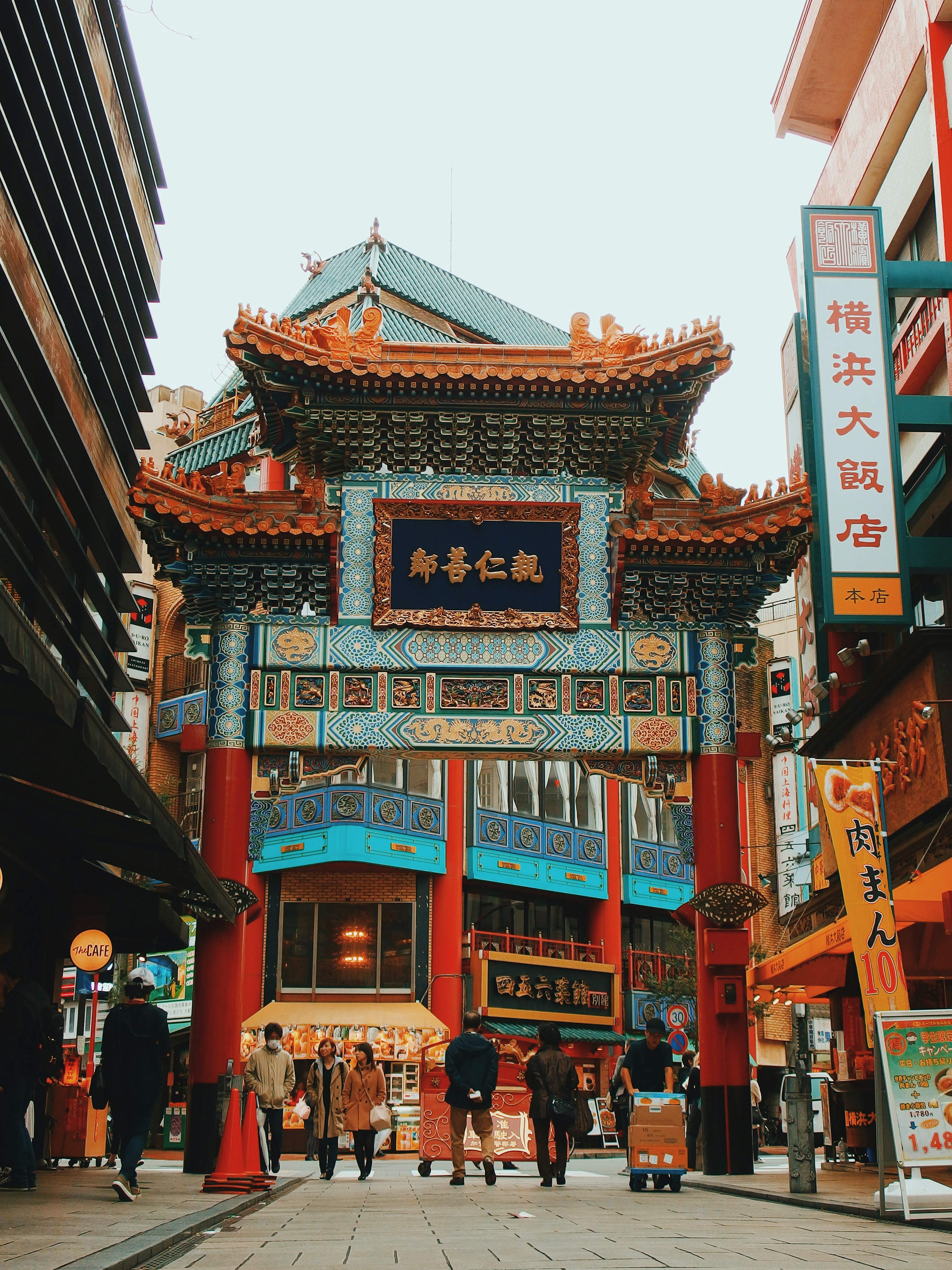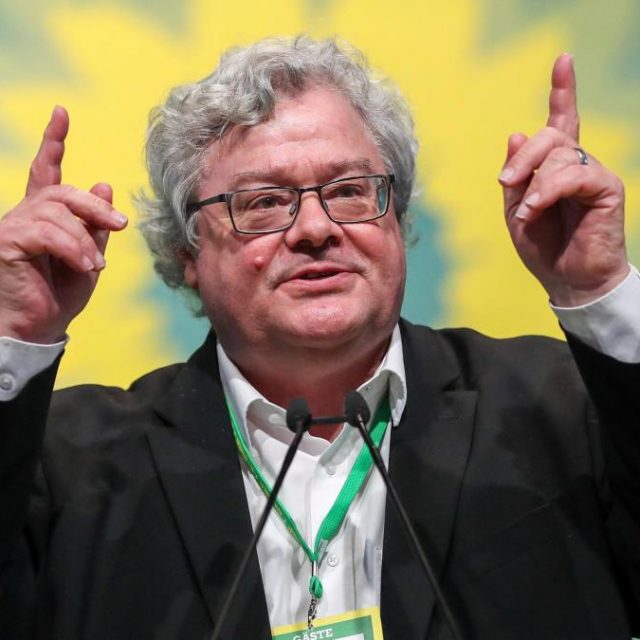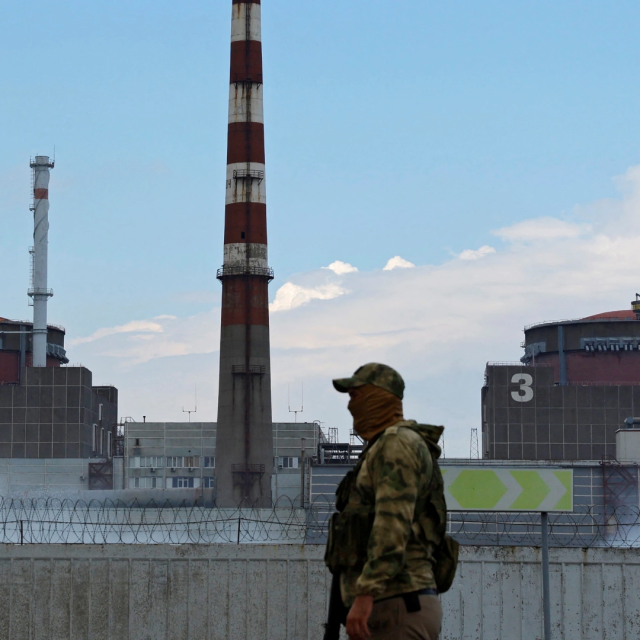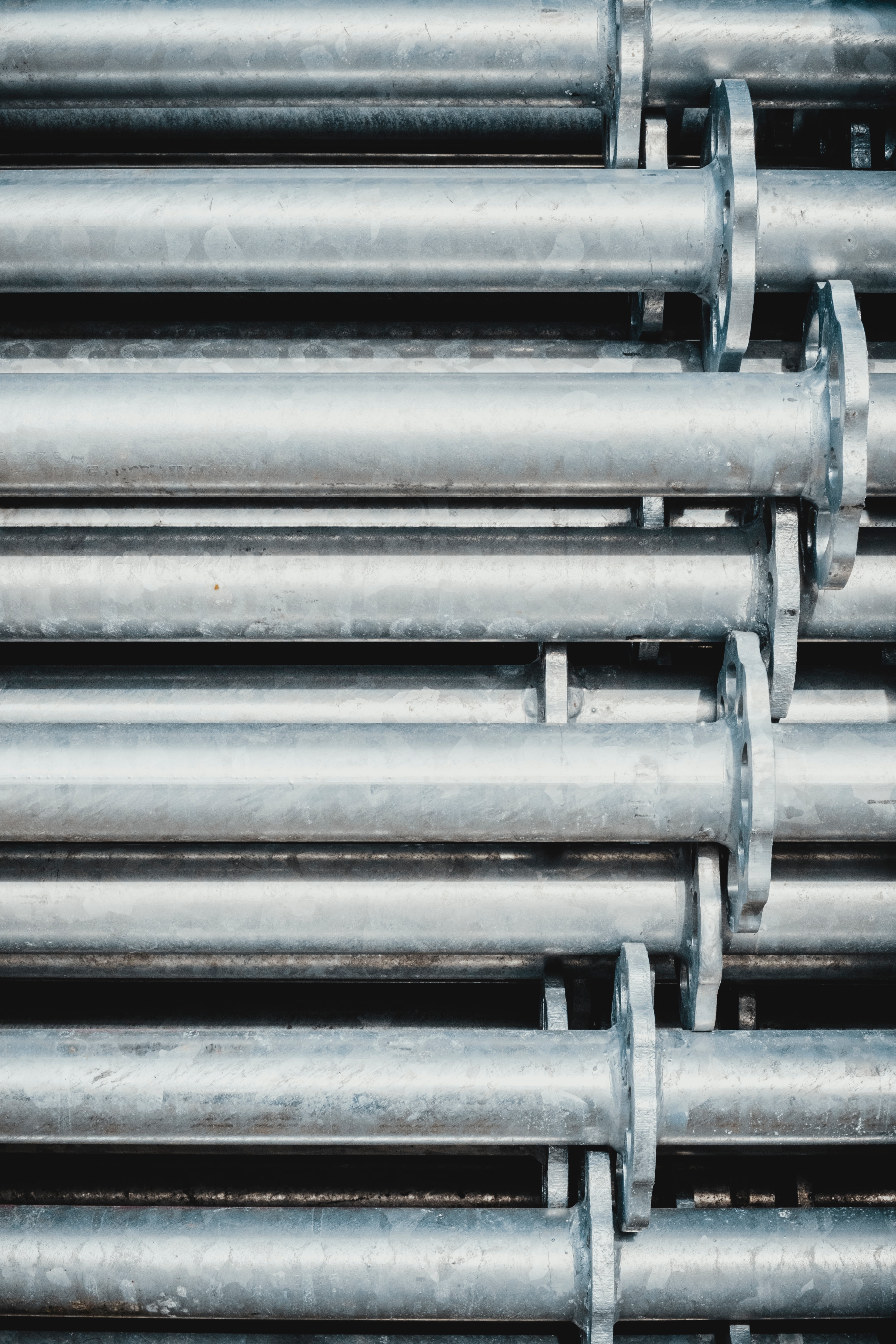A senior MEP says that China supplying weapons to Moscow “would be a slap in Europe’s face.”
Reinhard Bütikofer was speaking as Emmanuel Macron and Ursula von der Leyen met Xi Jinping in Beijing on Thursday.
The two leaders sent a message of unity – even as China is said by some to seek to exploit potential cracks in Europe’s alliances.
The French president and the head of the European Commission flew into Beijing on Wednesday and were welcomed by the Chinese president on Thursday.
The joint trip is an attempt from European leaders to engage with China.
Commenting on President Macron’s and President von der Leyen’s China-trip, German MEP Bütikofer said: “The joint trip to China by the French President and the President of the European Commission offers the opportunity to send clear European signals to the Beijing leadership.
“Ursula von der Leyen’s speech on China in the run-up to the visit has created a good starting point for this. It is to be hoped that von der Leyen’s sober tone will set the style.”
Bütikofer, who is Foreign Affairs Coordinator of the Greens/EFA group in the European Parliament, added, “China’s attitude to the Russian war of aggression against Ukraine has so far unfortunately not been guided by the criteria of the United Nations Charter. In accordance with the principles of national sovereignty and territorial integrity, Vladimir Putin must withdraw Russia’s troops.”
He added, “China should also recognise this. Only in this way can lasting peace become possible.”
The MEP noted, “Chinese weapons supply to Moscow, on the other hand, would be a slap in Europe’s face.
In economic relations between Europe and China, the risks of unilateral dependence on Xi Jinping’s authoritarian regime must be urgently reduced. The EU is not pursuing decoupling, but the enforcement of fair economic relations, including through the use of trade defence instruments. In future, this should also include addressing European investments in China through investment screening.”
Macron and von der Leyen will press China on taking further steps to halt the Ukraine war, while also finessing the increasingly fraught trade relationship between the European Union and China, its biggest trading partner.
The German MEP said, “China’s hegemonic ambitions in international relations cause a systemic confrontation with Europe’s orientation towards international law and multilateralism based on it. For Europe, this means two kinds of solidarity. Firstly, solidarity with democracies worldwide against Chinese aggression.”
This includes solidarity with Taiwan’s democracy. Secondly, solidarity for peace, fair development and worldwide ecological and climate responsibility, especially towards the countries of the Global South. With its development cooperation and the Global Gateway Initiative, the EU can offer a fair partnership where China’s policy primarily produces dependencies.”
Meanwhile and separately, new statistics from the Belgian Foreign Trade Agency say that over the past three decades, imports from China have grown much faster than total goods imports into Belgium.
In 2022, this import value has reached a new high: the import from China reached €35.3 billion, an increase of almost 42.5%, compared to 2021. This, it says, may look surprising, as 2022 was the year of severe Covid lockdowns across China, high freight prices, the war in Ukraine, continued US-China geopolitical tensions and other economic and supply chain challenges.
Despite these unprecedented crises, the Agency said that Belgium has never imported more from China than in the last three years. Comparing the total import value for 2022 with that of 2019 (€16.9 billion; pre-Covid), the import from China has more than doubled in just 3 years. China is Belgium’s fourth biggest supplier, with machinery and equipment (31.8%), transport equipment (14.4%) and miscellaneous manufactured articles (10.8%) taking the biggest share of the import value.




